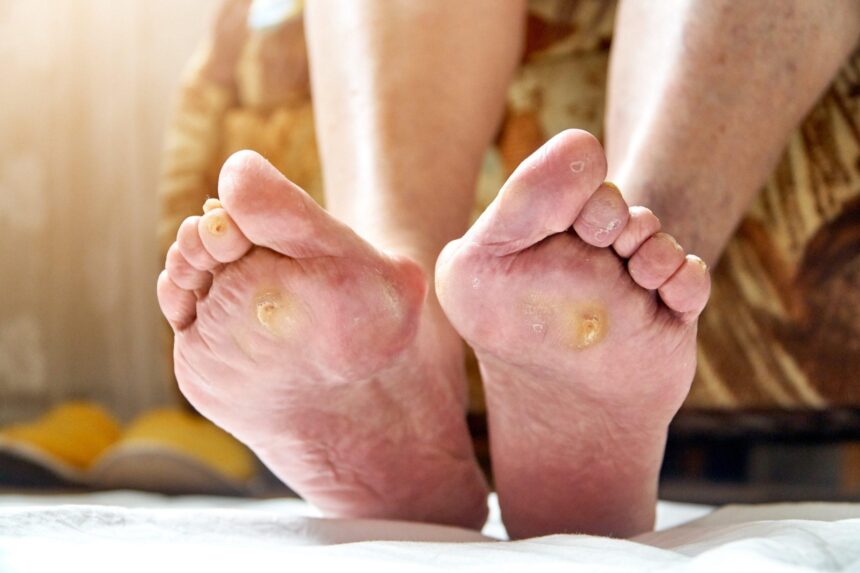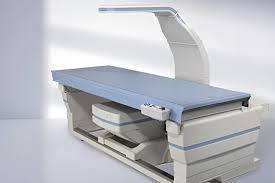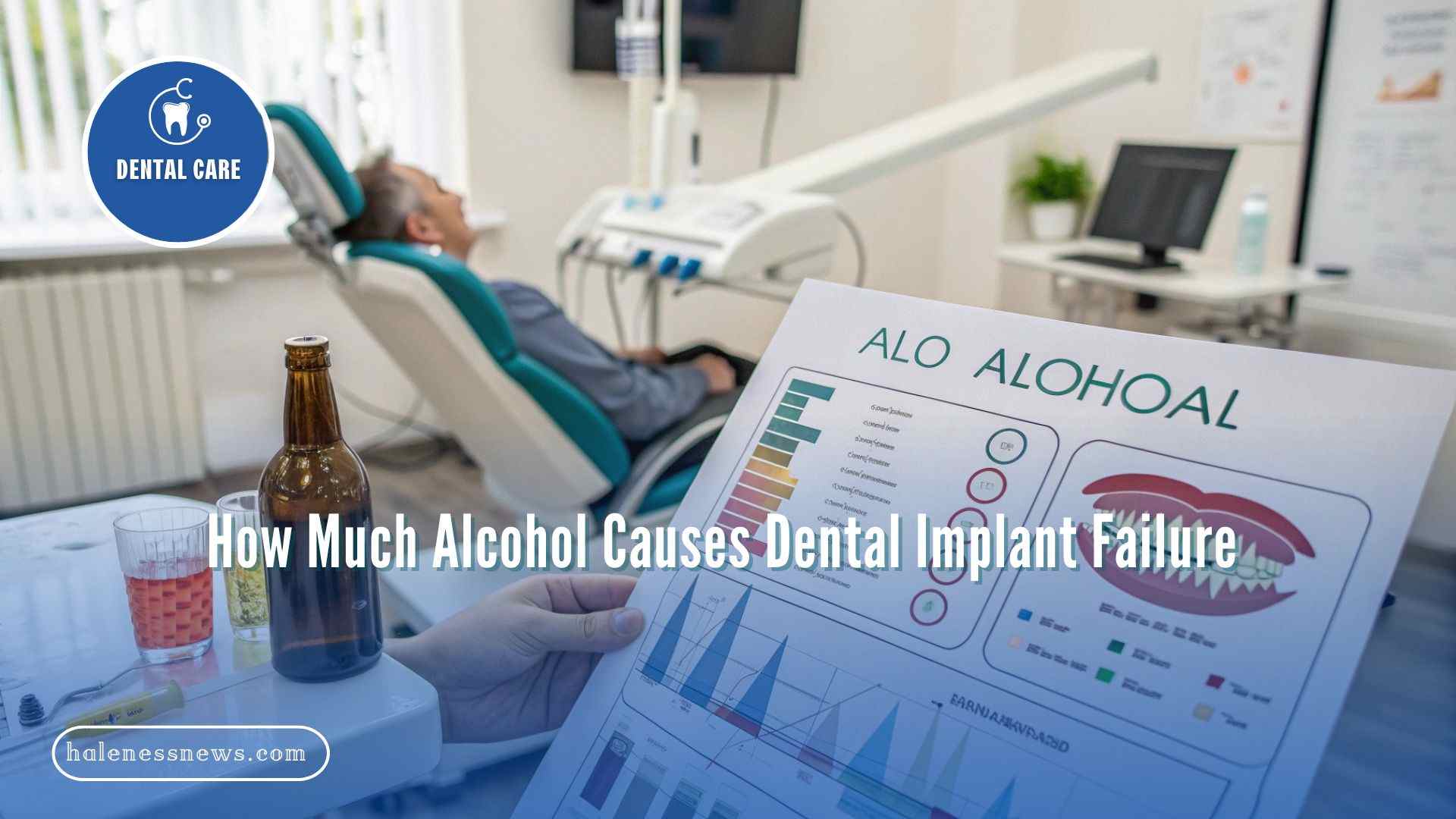Corns may seem like a small issue, but when every step starts to hurt, they can quickly interfere with your daily life. Ignoring persistent or painful corns can lead to complications, especially if you have underlying conditions like diabetes. That’s where a podiatrist can help. Understanding when to consult a podiatrist can be key to addressing persistent discomfort and reducing complications.
Symptoms of Corns
Corns on feet are often mistaken for calluses, but they are distinct in their form and symptoms. Corns appear as raised, hardened bumps on the skin, frequently surrounded by flaky or dry skin. The affected area may feel tender or painful to the touch, particularly when pressure is applied. Corns might have a waxy or shiny surface, distinguishing them from other skin conditions. Noticing these signs early helps manage the condition before it worsens.
Pain associated with corns varies depending on their location and severity. Hard corns typically develop on areas of the feet prone to pressure, while soft corns, often between toes, are kept moist by sweat and feel tender. When pain disrupts daily activities, it is a helpful indicator to visit a podiatrist for professional treatment.
Risk Factors
Several risk factors contribute to the formation of corns, primarily related to repetitive pressure or friction on the feet. Wearing shoes that are too tight, too loose, or poorly fitted is often a common cause. Shoes without socks can also introduce friction, leading to hardened areas of skin. Foot deformities, such as bunions or hammertoes, further increase the risk of developing corns by creating abnormal pressure points.
Lifestyle activities can also influence the likelihood of forming corns. For instance, frequent participation in sports or walking barefoot on uneven surfaces may increase the pressure on specific areas of the feet. Improperly trimmed toenails that alter foot mechanics create vulnerabilities. Individuals with certain medical conditions, such as diabetes or circulatory issues, face higher risks. These conditions can significantly impact overall foot health and healing, making it necessary to monitor any changes closely. When such risk factors are present, consulting a foot and ankle specialist can help proactively manage potential issues.
Professional Care
A podiatrist provides comprehensive care for corns and other foot-related issues. During a consultation, they will evaluate the affected area, identify the root cause, and develop a personalized treatment plan. Treatment may include removal of thickened skin, addressing underlying foot deformities, or offering custom orthotics to redistribute pressure evenly.
Podiatrists also provide guidance on preventive measures. They may recommend specific footwear, foot care routines, or techniques for maintaining healthy skin. These interventions help minimize the recurrence of corns and improve overall foot health.
Schedule an Appointment with a Podiatrist Today
While corns are often manageable with home care, certain cases require the expertise of a podiatrist for effective treatment and prevention. Persistent pain, recurring corns, or complications from pre-existing conditions are helpful indicators to seek professional care. A podiatrist will guide you toward tailored solutions to keep your feet healthy and comfortable. Schedule a consultation with a podiatrist to address corns and explore treatment options.









